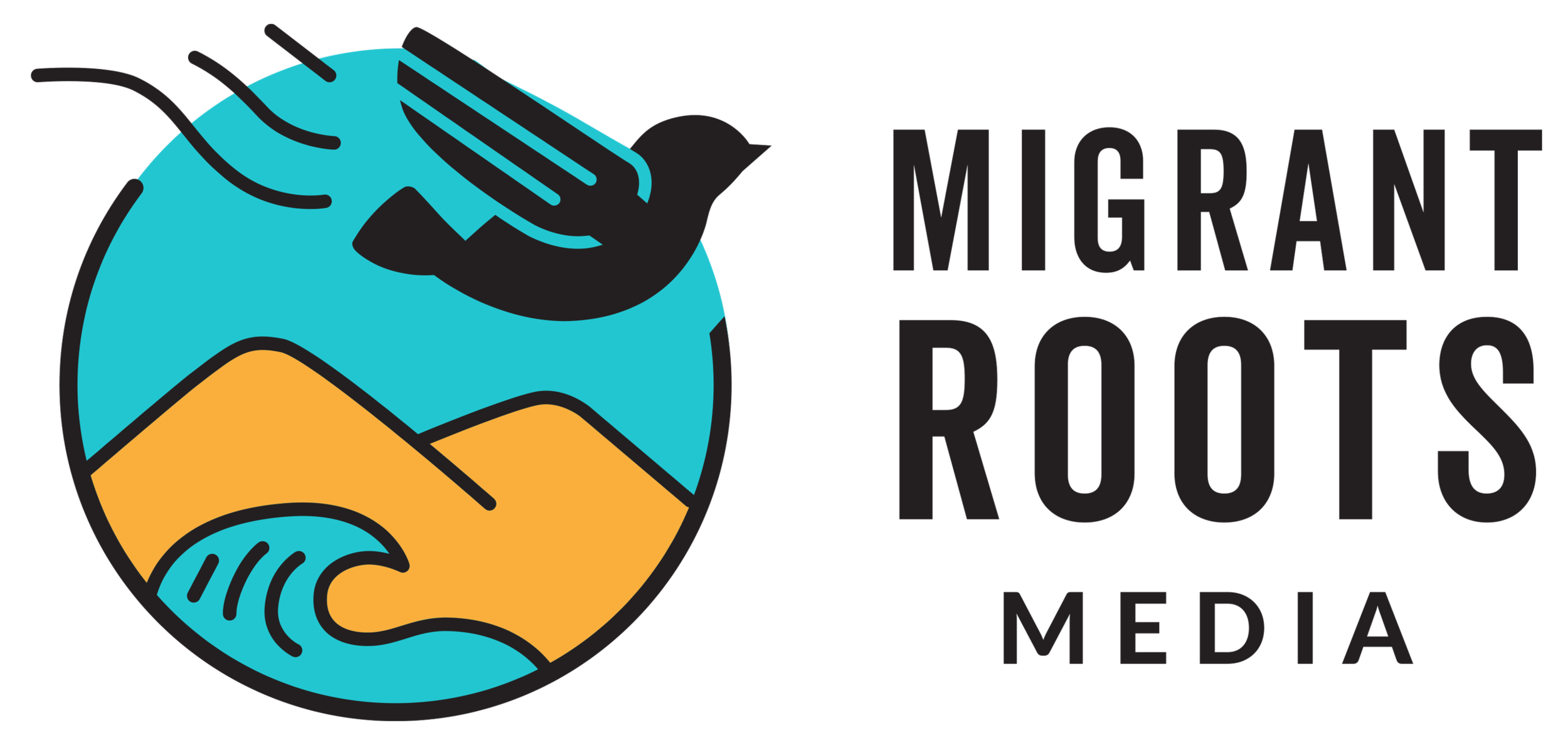Have concentration camps appeared on American soil? Or, should we say, have they returned? This event is designed to provide a historical and legal overview of the confusing situation at the Southern border. Historians will provide context to help us understand what a “concentration camp” is, and how it differs from a prison. Other speakers will provide a cogent explanation of what is happening now, and what steps a Duke student might take. There will be plenty of time for Q&A.
This talk will be moderated by Robin Kirk, Senior Lecturer of Cultural Anthropology and the Faculty Co-Chair of the Duke Human Rights Center at the Franklin Humanities Institute. It is co-sponsored by the Duke Human Rights Center at the Franklin Humanities Institute and the Forum for Scholars and Publics.
Claudia Koonz, Peabody Family Professor Emeritus of History at Duke, worked with Duke volunteers in Bosnian refugee camps during the mid-1990s and for the last ten years has mentored Duke Engage students in Sarajevo and Belgrade. Besides being a historian of Nazi Germany, she has been following Europeans’ responses to refugees and migrants with particular interest.
James Chappel, Hunt Family Assistant Professor of History, teaches modern European and international history at Duke. His work has dealt with themes of religious difference, incarceration, and genocide.
Roxana Bendezú, an immigrant woman of color from Lima, is an activist documentarian and socio-political analyst. In January of this year, Roxana founded Migrant Roots Media, an organization that seeks to serve as a platform that collects and amplifies the perspectives of migrants on the root causes of migration, as well as of the people who struggle to stay and thrive in their homes and on their lands.
